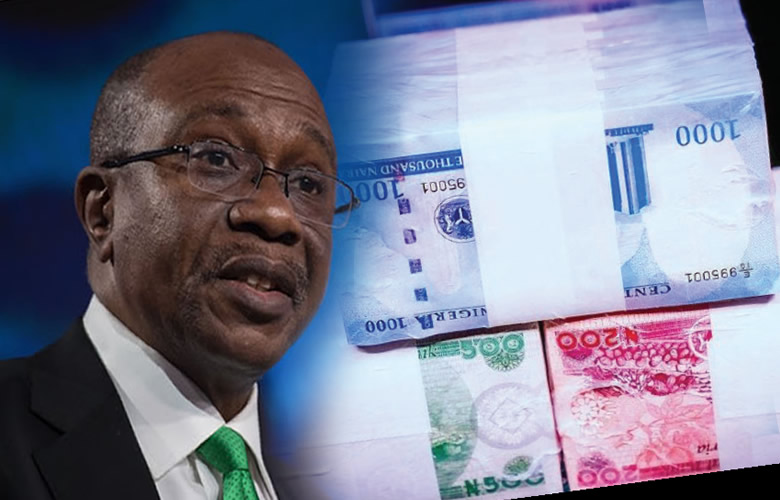Naira redesign, queues and the quest for a new Nigeria
The amount of queuing Nigerians have been subjected to in the last couple of weeks is unprecedented. Fights have broken out in queues at bank facilities, filling stations and INEC and LGAs offices across the country. There are trending videos of people stripping naked in protest inside banking halls, others hitting each other with queue […]

The amount of queuing Nigerians have been subjected to in the last couple of weeks is unprecedented.
Fights have broken out in queues at bank facilities, filling stations and INEC and LGAs offices across the country. There are trending videos of people stripping naked in protest inside banking halls, others hitting each other with queue dividers and one person has been confirmed dead inside a banking hall, somewhere in Asaba.
On a typical day, a person will queue to collect new currency notes at the bank, rush to queue at the filling station to buy supposedly subsidized petrol at exorbitant prices and then drive to the closest INEC office to queue for permanent voter cards (PVCs).
The worst part is that no one is accepting responsibility for the inanity.
The CBN governor, Godwin Emefiele, has consistently held that the banks are given enough stock of the new naira notes. The endless queues in and around banks question the veracity of this claim. The CBN inspection and ICPC teams have caught a couple of banks hoarding the new naira notes.
The reality is that the suffering is real, the pain is widespread and anger is rising to a boiling point. The CBN must act to ease the pain.
The naira redesign, according to the CBN, is expected to strengthen the economy, reduce the expenditure on cash management, promote financial inclusion and enhance the bank’s visibility of naira supply. It also seeks to drive the quest for a truly cashless society.
It is a change management issue. The CBN ought to have managed it better. In systematically phasing out the old notes, it should have introduced the new notes earlier and ensured availability in ATMs all over the country with a restriction on the amount that can be cashed per time.
The cashless policy beyond the cash supply challenge is a digital banking infrastructure issue. It is a sad commentary on the actual state of the nation’s digital financial infrastructure to see apps and servers collapse under the strain of increased traffic.
During this season of madness, some banks have been heard whispering to customers that the network fault that they are complaining about is failings from the telecommunications side. Telcos do not need to respond to this allegation. They simply need to work closely with financial institutions to make the transactions seamless.
One more thing, the CBN must also look at removing ALL charges for online and POS transactions in the short term. It can later look at a reduced fee for these transactions as volume has risen.
The N100 and N50 naira notes are not being redesigned, they should be widely available. CBN must stick with the deadline and work assiduously to ease the flow of cash. The cashless economy cannot happen overnight. We can admit that progress has been made.
On the fuel queues, which have persisted for over five months, the NNPC Limited consistently claimed it had enough fuel and urged the public to shun panic buying. The problem has remained.
The DSS, in December, gave the NNPC Limited and marketers 48 hours to end fuel scarcity. We are still here.
The House of Representatives also gave the NNPC Limited a week’s ultimatum to end the artificial scarcity of petroleum. It has long expired without any respite.
The Presidency has equally waded in with little success. The problem has proven intractable.
The citizens are being made to suffer and pay for their failings.
In addition, the federal government cannot continue to pretend to be unaware of the problems that Nigerians are going through. It must, as a minimum, look to fix it, apply necessary sanctions and ensure the availability of petroleum products across the country.
Elvis Eromosele lives in Lagos.
